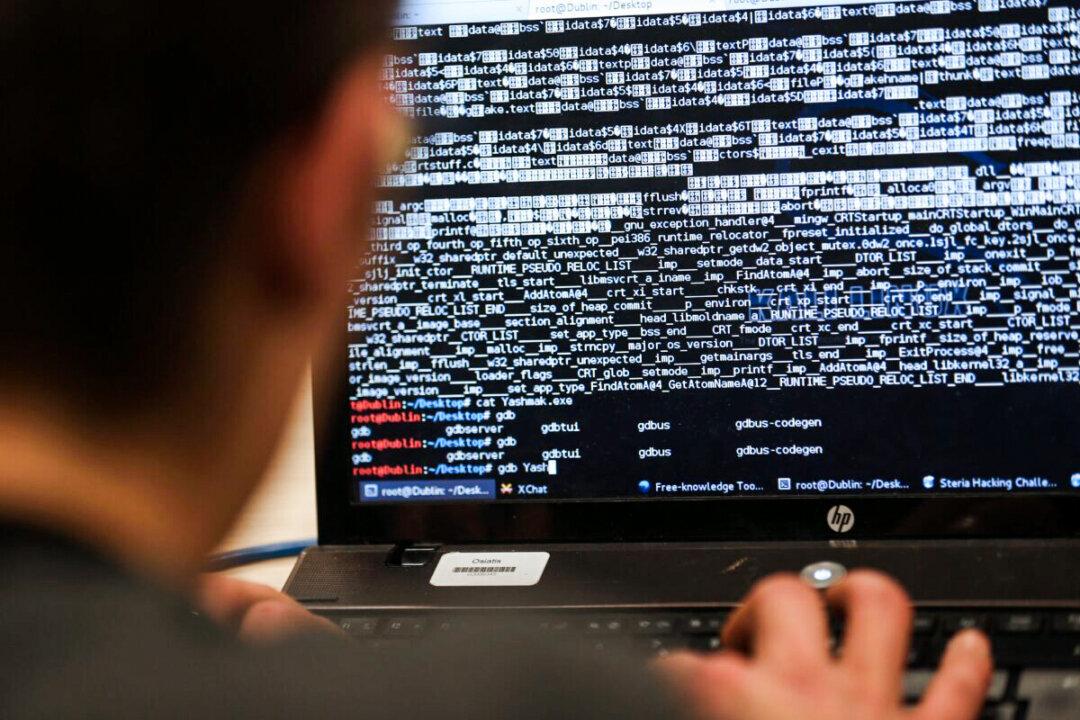Russia and a host of other bad actors are active in Ukrainian cyberspace in everything from intelligence gathering to criminal pursuits, according to National Security Agency (NSA) Director of Cybersecurity Rob Joyce.
Yet the United States employs a wide range of tactics to identify and eliminate these cyber threats, he said.





